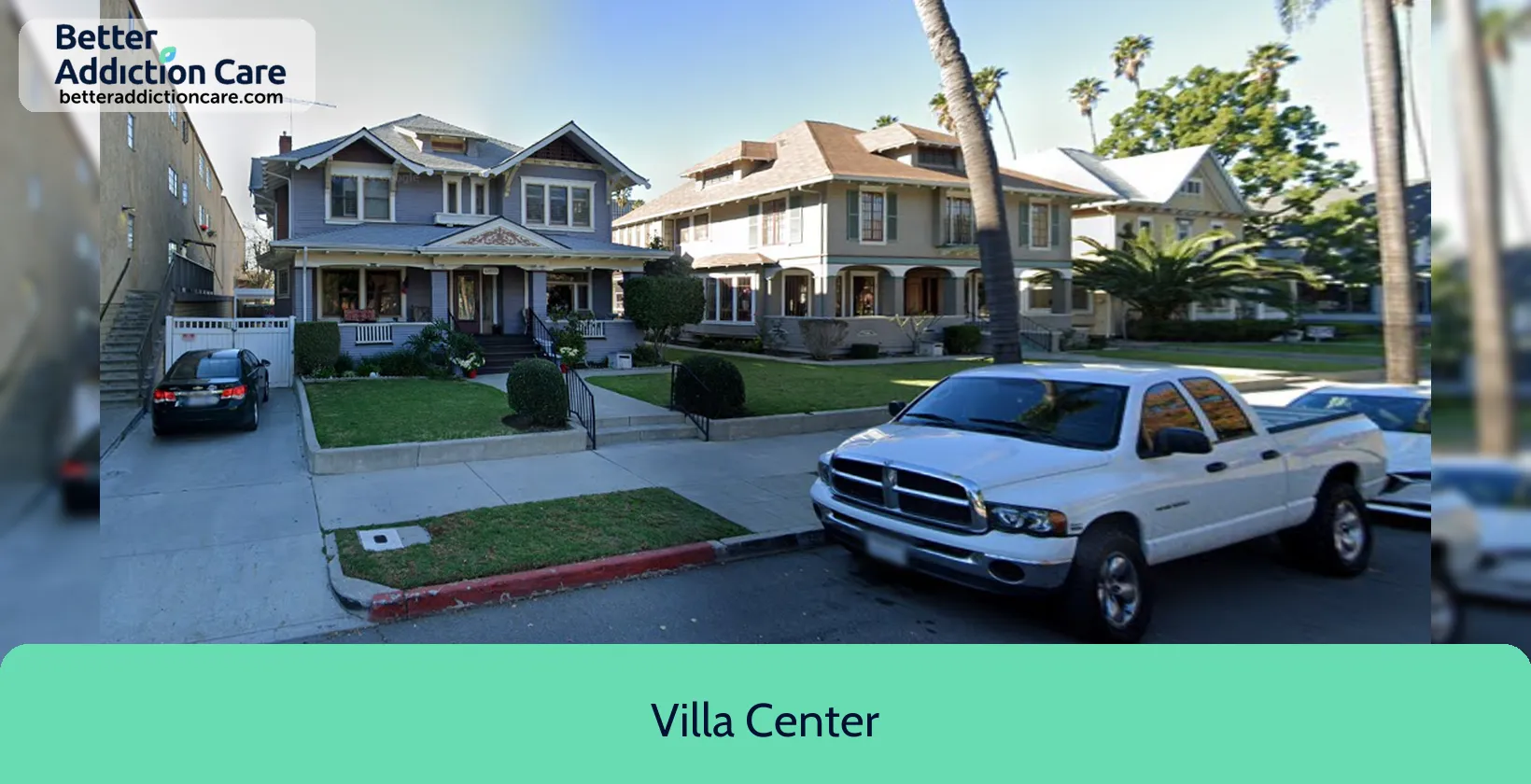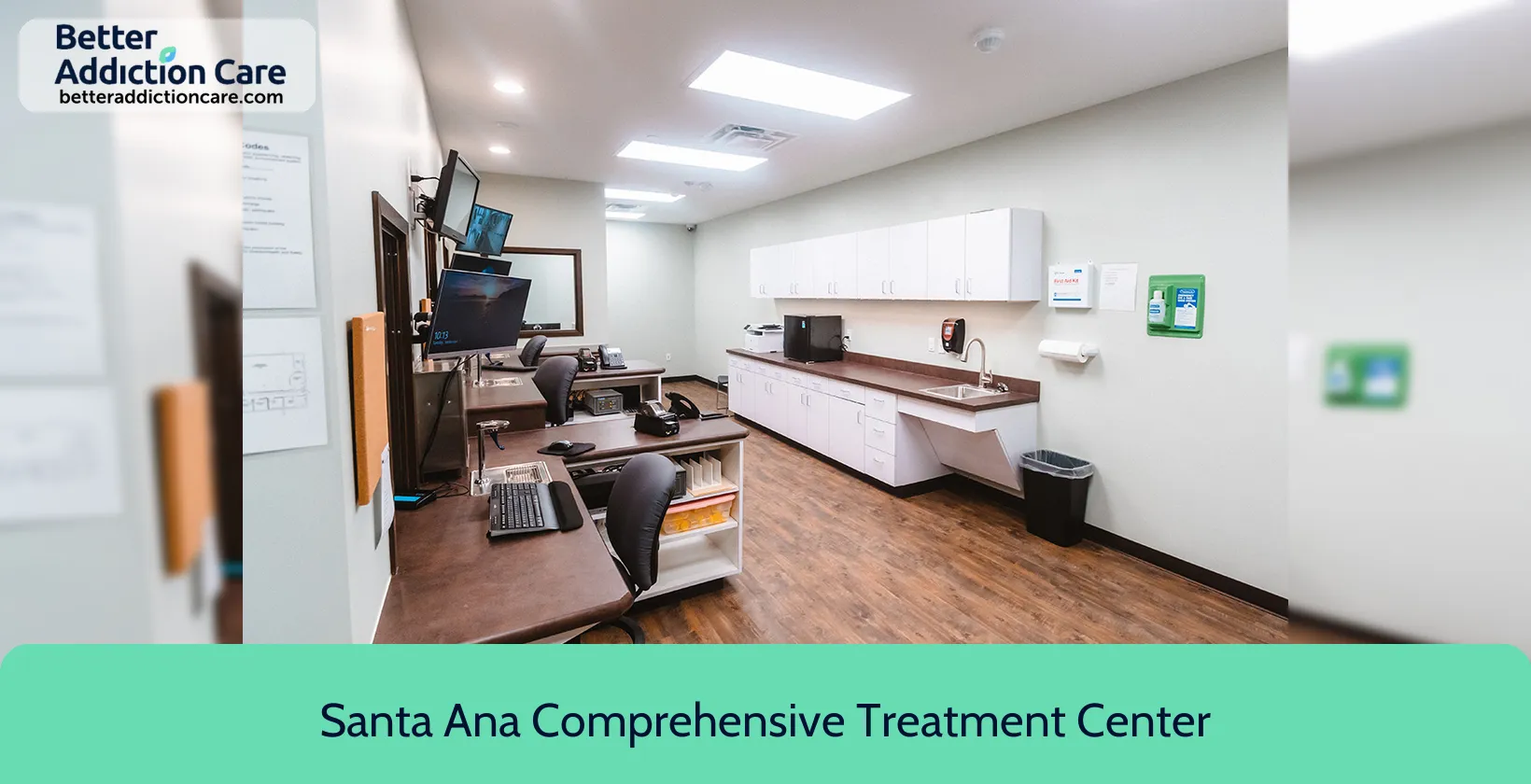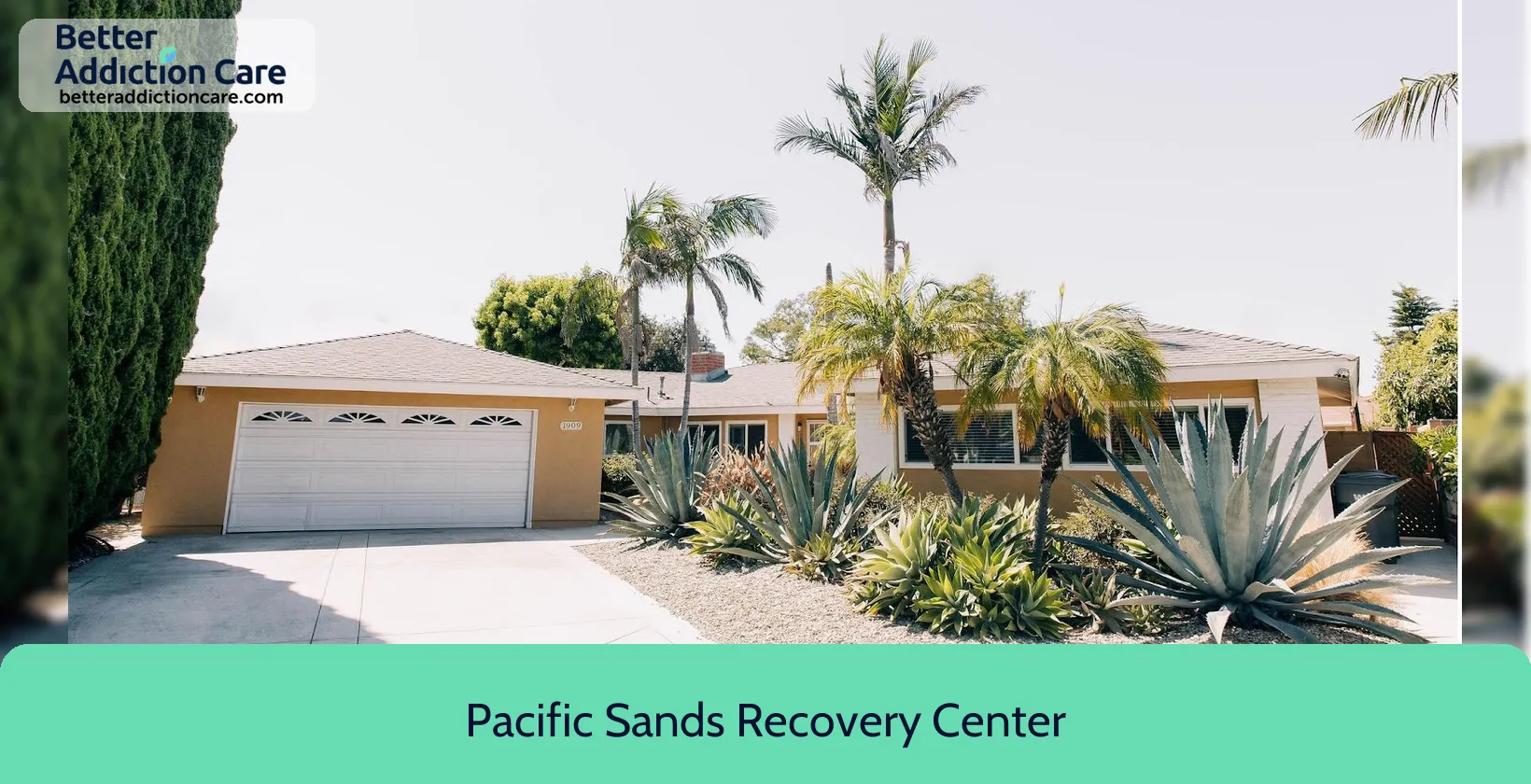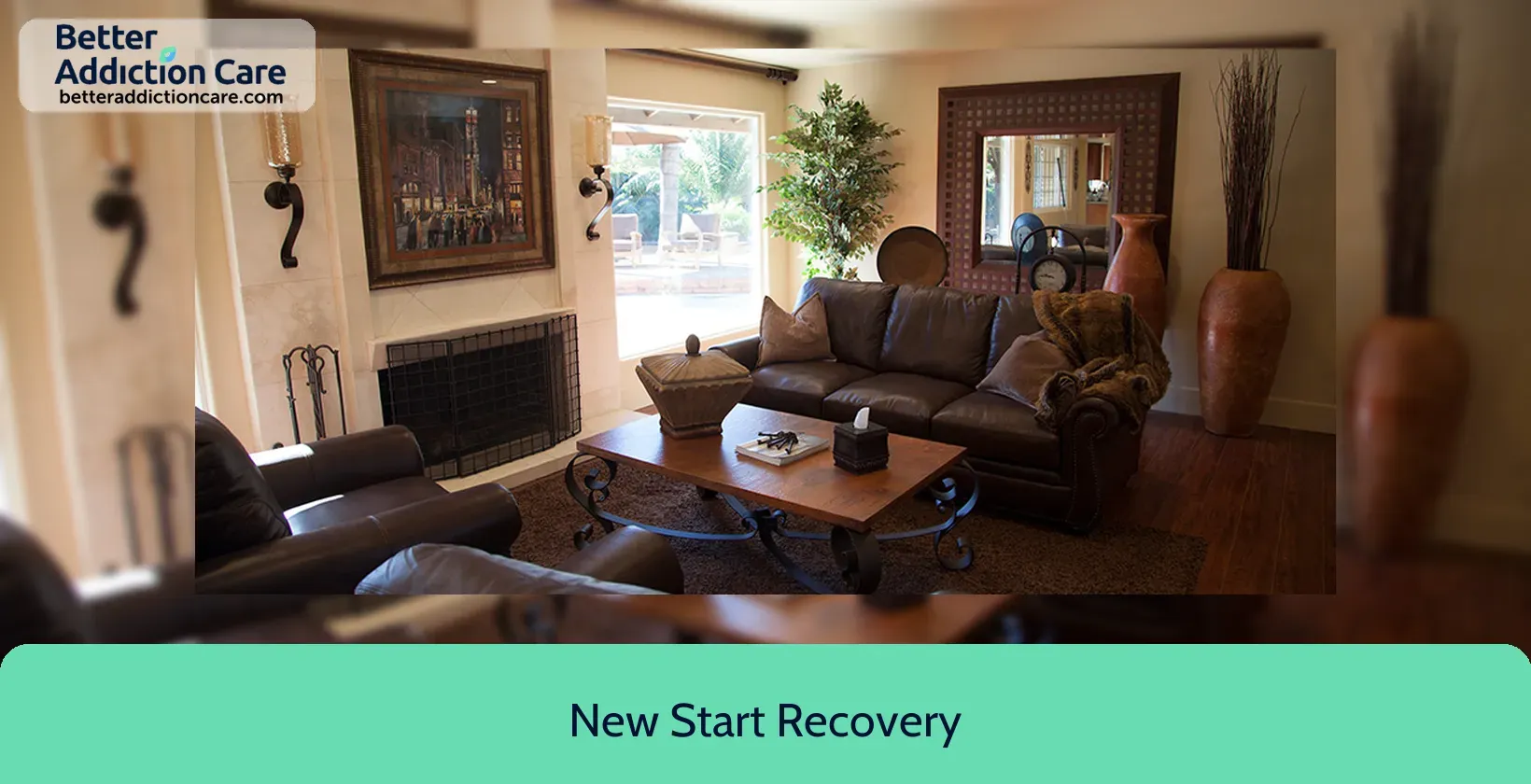Straight Talk - Gerry House

Overview
Straight Talk Counseling in Santa Ana, California, offers cheap mental health treatments to people of all ages, including children, teenagers, adults, and families. Their mission is to increase general well-being by providing a variety of personalized counseling services. The facility provides all-inclusive support, focused on guiding clients through anxiety, depression, and other mental health difficulties in a sympathetic and friendly setting.
Individual counseling, family support, couples therapy, and child-specific play therapy are among the programs offered. Teen-specific treatment and adult support groups are also provided. Straight Talk Counseling provides telemedicine services to allow convenient access to care. The clinic employs evidence-based treatment modalities such as Cognitive Behavioral Therapy (CBT), play therapy, and family therapy. This center's devotion to the community is evident, as it provides free sessions for low-income Santa Ana locals and subsidized treatments for military families, making great mental health care available to all.
Straight Talk - Gerry House at a Glance
Payment Options
- Cash or self-payment
- Payment assistance (check with facility for details)
- Sliding fee scale (fee is based on income and other factors)
- Private health insurance
- Per session
Assessments
- Comprehensive mental health assessment
- Comprehensive substance use assessment
Age Groups
- Adults
- Young adults
Ancillary Services
- Case management service
Highlights About Straight Talk - Gerry House
7.05/10
With an overall rating of 7.05/10, this facility has following balanced range of services. Alcohol Rehabilitation: 8.00/10, Drug Rehab and Detox: 6.31/10, Insurance and Payments: 6.67/10, Treatment Options: 7.21/10.-
Alcohol Rehabilitation 8.00
-
Treatment Options 7.21
-
Insurance and Payments 6.67
-
Drug Rehab and Detox 6.31
Accreditations
State department of health:

Government agencies issue State Licenses, granting permission to rehabilitation organizations to conduct their business operations lawfully within specific geographic regions. Generally, the particular rehabilitation programs offered by a facility and its physical location dictate the necessary licenses needed for legal operation.
Treatment At Straight Talk - Gerry House
Treatment Conditions
- Mental health treatment
- Alcoholism
- Opioid Addiction
- Substance use treatment
- Co-occurring Disorders
Care Levels
- Aftercare
- Outpatient
Treatment Modalities
- 12-step facilitation
- Individual psychotherapy
- Group counseling
- Family counseling
- Marital/couples counseling
Ancillary Services
Languages
- English
Special Programs
- Clients with HIV or AIDS
Get Help Now
Common Questions About Straight Talk - Gerry House
Contact Information
Other Facilities in Santa Ana

6.56

6.59

6.94

6.71

6.65

6.75

6.91

7.14
DISCLAIMER: The facility name, logo and brand are the property and registered trademarks of New Start Recovery, and are being used for identification and informational purposes only. Use of these names, logos and brands shall not imply endorsement. BetterAddictionCare.com is not affiliated with or sponsored by New Start Recovery.
